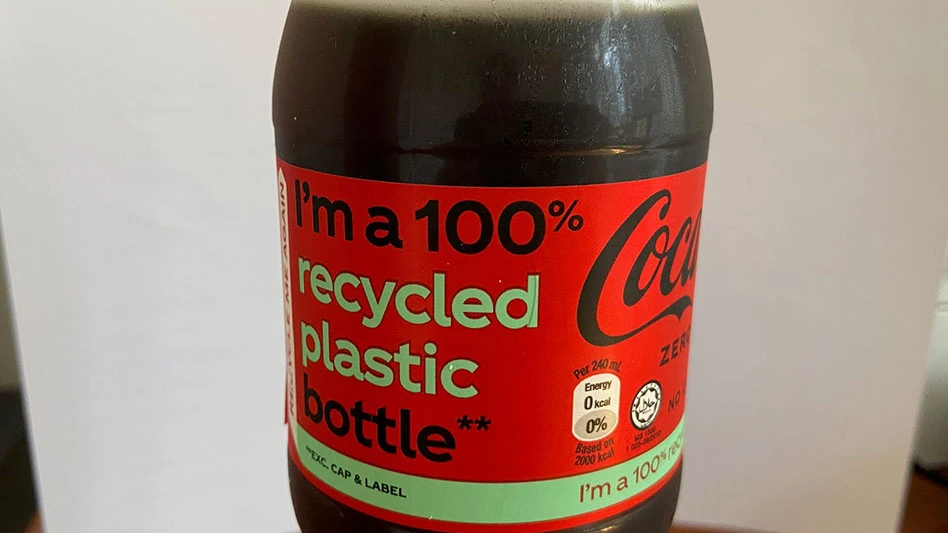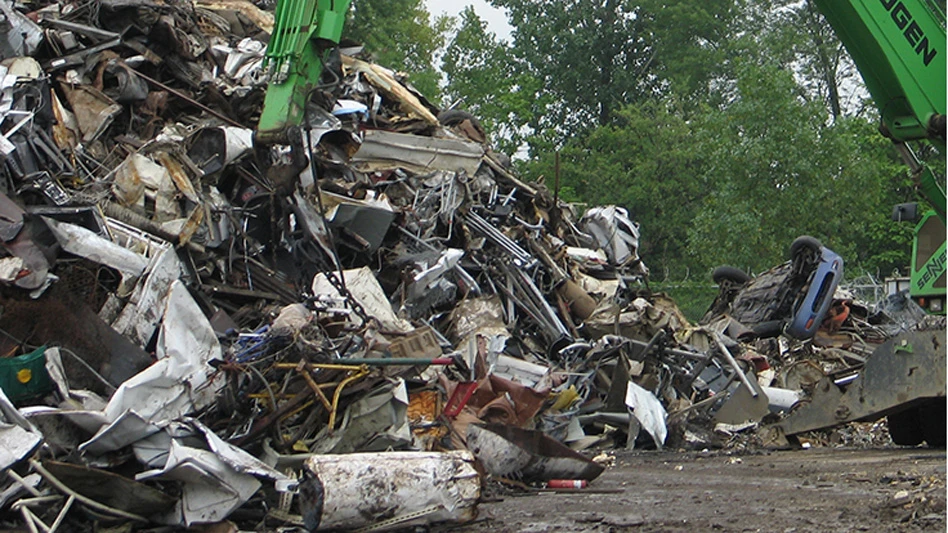A team of scientists at the Universities of Birmingham and Bath says it has developed a faster, more efficient way to recycle plant-based bioplastics.
The chemical recycling method is said to speed up the process, the output of which can be converted into a new product, a biodegradable solvent, that can be sold for use in a wide variety of industries, including cosmetics and pharmaceuticals.
Bioplastics, made from polylactic acid, or PLA, are used in disposable cups, packaging materials and even children’s toys. Typically, once they reach the end of their useful lives, they are disposed of in landfills or composted commercially, biodegrading over periods of up to several months, according to the universities.
In a new study, researchers have shown that a chemical process, using a zinc-based catalyst developed at the University of Bath and methanol, can be used to break down the plastics and produce the solvent methyl lactate. Their results have been published in the journal Industrial & Engineering Chemistry Research (Román-Ramírez et al. [2020], “Chemical Degradation of end-of-life Poly(lactic acid) into Methyl Lactate by a Zn(II) Complex”)
The team tested the method on three separate PLA products–-a disposable cup, some 3D printer scrap and a children’s toy, finding the cup was most easily converted to methyl lactate at lower temperatures. But even the bulkier plastic in the children’s toy could be converted using higher temperatures.
“We were excited to see that it was possible to obtain high quantities of the green solvent regardless of samples’ characteristics due to colorants, additives, sizes and even molecular weight,” says lead author Luis Román-Ramírez of the University of Birmingham’s School of Chemical Engineering.
Lead researcher, professor Joe Wood at the University of Birmingham, says, “The process we’ve designed has real potential to contribute to ongoing efforts to reduce the amount of plastic going into landfill or being incinerated creating new valuable products from waste.
“Our technique breaks down the plastics into their chemical building blocks before ‘rebuilding’ them into a new product, so we can guarantee that the new product is of sufficiently high quality for use in other products and processes.”
The chemical process has been tried up to 300 milliliters, so next steps would include scaling up the reactor further before it can be used in an industrial setting.
The research was funded by the Engineering and Physical Sciences Research Council.
Latest from Recycling Today
- EPA plans to revisit numerous environmental, climate regulations
- Scientists use air, inexpensive catalyst to break down plastic
- Miami-Dade Innovation Authority launches fifth Public Innovation Challenge
- EVSX installation supported by Call2Recycle Canada
- Wendt commissions shredding plant, nonferrous system at Island Recycling
- Fornnax wins Green Innovation of the Year award
- Recyclers opening doors to the public through APR program
- CMI comments on Trump’s Section 232 tariffs





